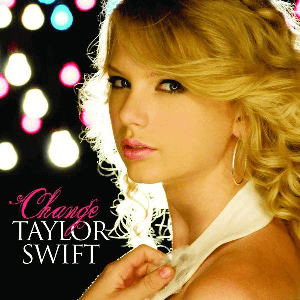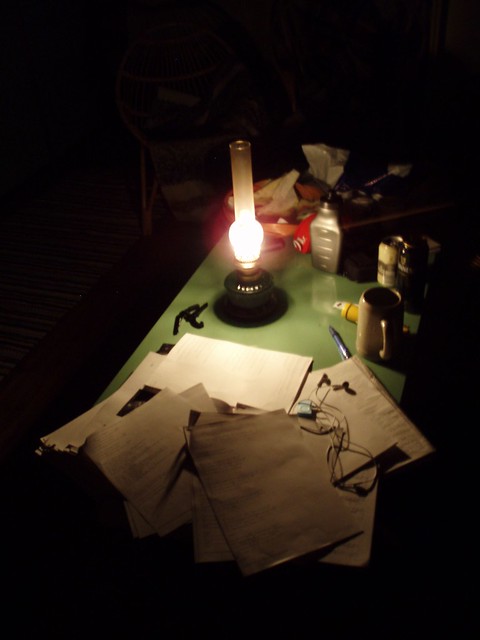 |
| Change (Taylor Swift song) (Photo credit: Wikipedia) |
What does song structure actually mean? Structure refers to the way the sections of the song are arranged. Structure gives the song its form and optimizes the emotional or musical impact. Different genres of music have a different structure. For example, a symphony has a different structure than a pop song. An R&B ballad has a different structure than a rap. So the type of genre you write in will affect the ultimate structure of your song.
Typically, songs employ repetition to make them catchy and to emphasize the song’s emotional point. A structure is also used to enhance the storytelling element of a song, making the listener want to hear what’s coming next.
Before you can decide on the structure of your song, you need to know the components to use:
The Introduction: Usually instrumental using chords from the verse or chorus but famous lyricists like George Gershwin regularly started his compositions with a sung intro.
Verse: Usually contains four to 8 chords. In songwriting terms, the story of the song is told through the verses.
Chorus: Also called the refrain, the chorus is also usually four to eight chords and has a primary musical phrase which is repeated. In Red Hot Chili Peppers’ “Dani California,” the refrain is:
California rest in peaceSimultaneous releaseCalifornia show your teethShe’s my priestess, I’m your priest
The chorus as a distinctly different musical dynamic that the verses. In songwriting terms, this is the emotional center of the song. Typically, a phrase from the chorus is what people remember.
Bridge: a musical connection between a verse and chorus or between a chorus and verse. This is especially useful when you have a key change from one to the other, or the transition from verse to chorus or vice versa isn’t particularly smooth.
Middle 8: A musical or lyrical interlude that can prevent a song from seeming monotonous or to add a different emotional element.
Outro: The “bow out” of a song. Often it’s just a reiteration of the verse or chorus but can be totally unique. The elements of the structure are just a guideline. How you use them is based on your talent and artistic vision



